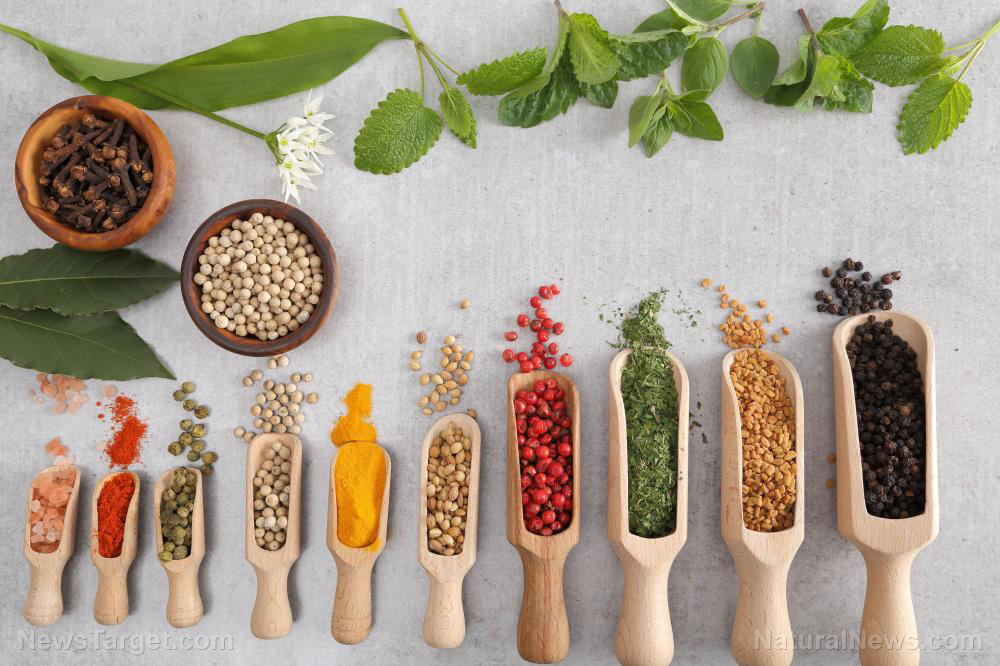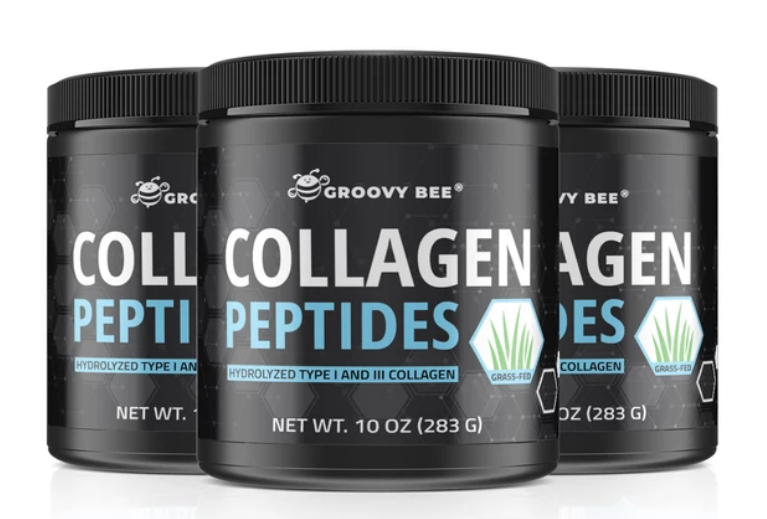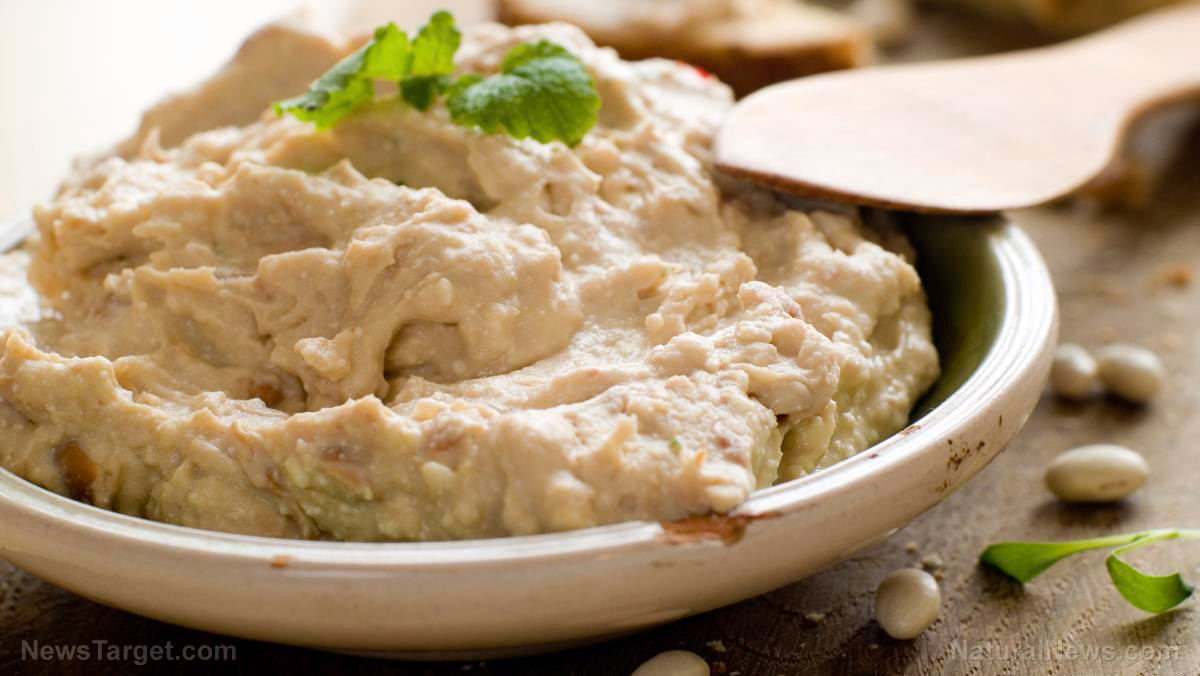What’s the role of food when it comes to treating and preventing cancer? A big one, says research
10/30/2019 / By Isabelle Z.

Each year, a million people are diagnosed with colon cancer globally and half a million die from it. It’s a startling statistic, but there is a silver lining here: It also happens to be one type of cancer where diet can play a huge role in both prevention and treatment.
While diet can contribute to anywhere from 20 to 42 percent of all cancers in humans, that range rises to 50 to 90 percent when you look at colon cancer specifically. Perhaps not surprisingly, it’s the unhealthy Western diet that is largely behind this effect.
Chemotherapy doesn’t exactly have the best track record when it comes to treating cancer, and although many people are looking to high-tech research for cutting-edge treatments, sometimes going back to the basics can make the biggest difference of all.
In fact, one study published in the journal Nutrition identified four natural compounds that show promise as chemotherapy alternatives: resveratrol, lycopene, grapeseed extract and curcumin.
These compounds get their colon cancer-fighting ability thanks to their interference with the elevated levels of insulin-like growth factor (IGF-1) that are believed to be behind the illness.
The good news here is that these phytocompounds can be found in a wide variety of common, easily accessible foods. For example, curcumin can be found in the spice turmeric, which features in many Indian dishes and is easy to find in most parts of the world. Lycopene can be found in tomatoes, watermelon and guava, while grapeseed comes from grapes. Resveratrol can also be found in grapes as well as cranberries, dark chocolate, and peanuts.
Eating foods that contain these compounds on a regular basis is a healthy way to help reduce your chances of getting serious diseases like colon cancer and is certainly preferable to having to take high doses of such compounds once the disease has already developed as an alternative to chemotherapy.
Other foods that can help protect against cancer
While the food compounds we just mentioned have been studied specifically for their effects on colon cancer, there are a lot of foods that can have a big impact on your overall cancer risk. Here is a look at some of the best choices.
Apples
They don’t say that an apple a day keeps the doctor away for nothing. The polyphenols in apples are surprisingly good at preventing inflammation and contain anti-cancer and anti-tumor properties. One study even showed that the polyphenol phloretin in apples can inhibit breast cancer cell growth without disturbing healthy cells.
Fatty fish
Fish rich in omega-3 fatty acids can help protect against several types of cancer. One study showed that people who eat a lot of freshwater fish enjoy a 53 percent lower risk of colorectal cancer, while another study showed that consuming fish oil was tied to a significantly lower risk of prostate cancer. Fish oil supplements were also linked to a 63 percent lower risk of developing colon cancer.
Cruciferous vegetables
Cruciferous vegetables contain an anti-cancer plant compound known as sulforaphane, which can significantly inhibit the growth of cancer cells and even spur cell death. Vegetables in this family include broccoli, kale and cauliflower. Aim for three to five servings of these vegetables per week to help prevent cancer.
Berries
Berries of all types are good for your health, but darker berries like blueberries are the best choices. They have an anti-inflammatory effect that may prevent the growth of breast cancer tumors. The antioxidant and anthocyanin content of blackberries, meanwhile, lowers the biomarkers for colon cancer.
Just as poor dietary choices like processed meat and packaged foods can raise your cancer risk, choosing the right organic foods can reduce your chances of developing cancer. Start cleaning up your diet today – your body will thank you for it!
Sources for this article include:
Tagged Under: anticancer, apples, berries, broccoli, cancer cures, cancer risk, colon cancer, cruciferous vegetables, curcumin, fish, food cures, food is medicine, grapeseed, grocery cures, lycopene, prevention, resveratrol, turmeric
RECENT NEWS & ARTICLES
COPYRIGHT © 2017 INGREDIENTS NEWS



















